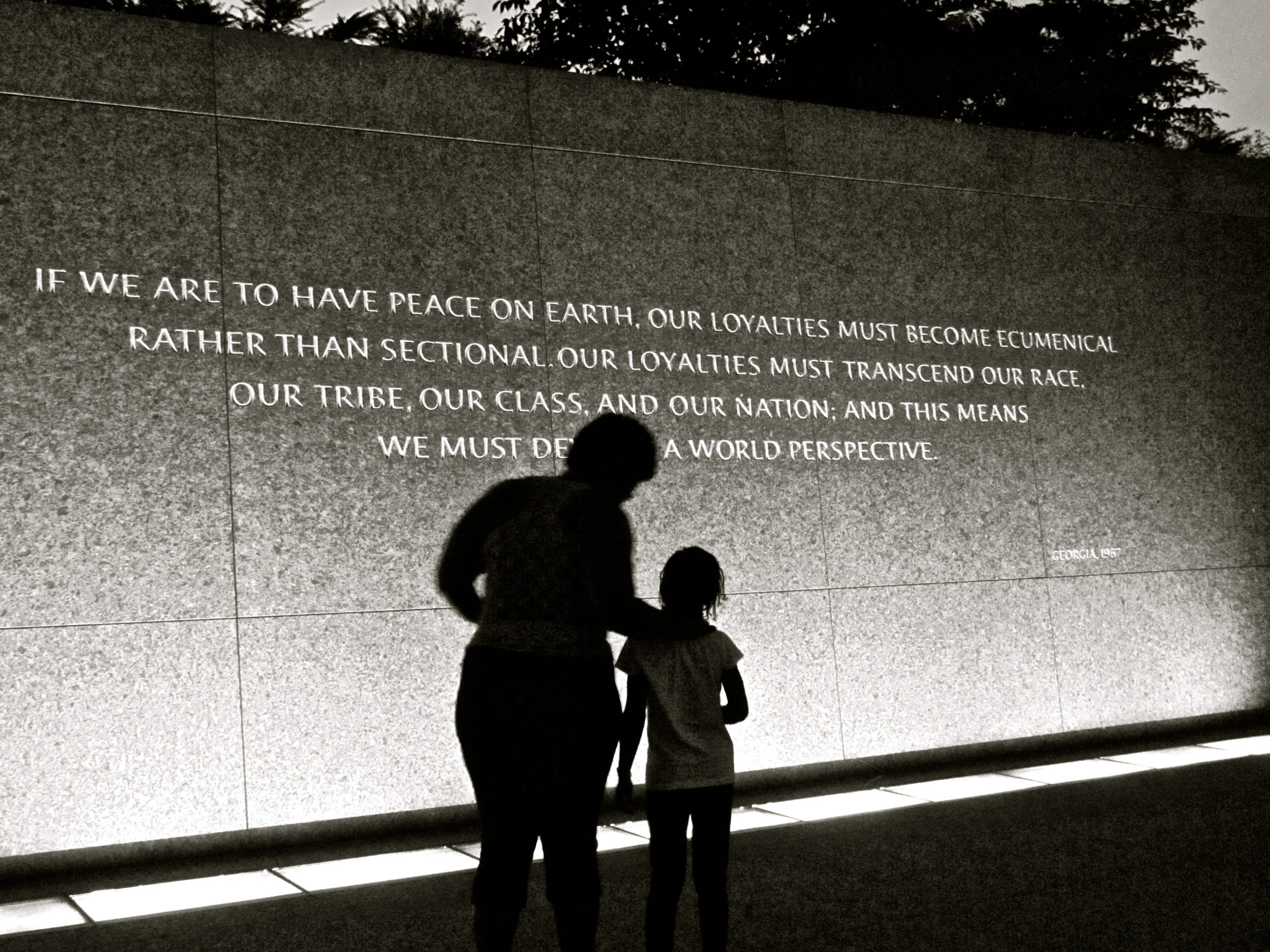It’s Black History Month, and there are many outstanding black trailblazers in the legal world who are worthy of mention. Read on to learn more about some of the most important pioneers who paved the way for progress and equality.
Clarence Jones
Clarence Jones is well known for his connection to Martin Luther King, Jr. Jones was a speechwriter, advisor, and personal counsel to MLK. He graduated from Boston University School of Law in 1959 before moving to California to practice entertainment law. He joined the legal team representing Martin Luther King, Jr. in a tax fraud case that was ultimately resolved in King’s favor. Prior to helping strategize the Birmingham Campaign, Jones was an advisor to President Kennedy on the Cuban Missile Crisis.
While in Birmingham, Jones took King’s famous “Letter from Birmingham Jail” and shared it nationally with the press. He flew to New York to get bail funds for King from Nelson Rockefeller’s family vault.
As one of two draft speechwriters employed by King, Jones was involved in drafting the landmark “I Have a Dream” speech. Jones authored a memoir called Behind the Dream where he recounts many of the conversations he had with King.
Later in his life, he was the first black lawyer to achieve partner status at a Wall Street law firm and was requested by Nelson Rockefeller to help negotiate the Attica Prison Riot in 1971. Today, he’s an active media commentator and visiting professor at the University of San Francisco.
Macon Bolling Allen
Known as the first black man to become a lawyer, Allen’s “firsts” don’t stop there. He is also believed to be the first black man to hold a judicial position in the U.S. and to argue before a Jury. He first passed the Maine Bar in 1844 but later moved to South Carolina, where he was elected twice as a judge.
Jane Bolin
The first black woman to graduate from Yale Law School and also the first to become a judge in the U.S., Bolin earned her Bachelor of Arts degree at Wellesley first in 1928. Throughout her education, she faced significant racism in educational environments. Ultimately, she was sworn in as a judge in 1939, where she remained on the family court there in New York for four decades.
Among other achievements, Bolin was instrumental in ending probation officer assignments based on skin color.
Charles Hamilton Houston
The first black student to serve on the editorial board for the Harvard Law Review, Hamilton published many legal arguments related to Jim Crow laws. He later became the Dean of Howard University Law School and the first Special Counsel to work with the NAACP.
Charlotte E Ray
Charlotte E Ray was the first black female lawyer in the United States, coming from a progressive family. Her father was Charles Bennett Ray, a clergyman and abolitionist who served as editor for one of the first black newspapers published. Women were not allowed to practice law at the time Ray pursued the bar exam there. Some say she applied using her initials, C.E. Ray, in order to disguise her gender and successfully gained admittance to the bar in 1872.
She faced significant prejudice in legal practice and was unable to work as an attorney for long. Little is known about her legal practice, although she helped a domestic violence victim, Martha Gadley, move her case to a higher court to achieve a divorce in 1875. This was an incredible outcome given that the law had little to no protections for victims of domestic violence and that divorce in and of itself was rare.
Ray later became a teacher in public schools in New York, where she remained active as a suffragist.
Barbara Jordan
Jordan was initially denied admittance to the University of Texas at Austin due to segregation policies. After graduating from historically black college, Texas Southern University, she then attended and graduated from Boston University School of Law. She was the first woman from Texas to be elected to the U.S. House of Representatives and also the first black woman elected to the House of Representatives after Reconstruction. Additionally, she is notable as the first woman to deliver a Democratic National Convention keynote address, which she did in 1976.
Anita Hill
Anita Hill was vital in making way for people to file complaints about discrimination in the workplace. She’s a professor of law, women’s studies, and social policy at Brandeis University, but is most well known for her 1991 accusal of sexual harassment against Clarence Thomas when he was up for nomination with the U.S. Supreme Court. Following her testimony, EEOC complaints about sexual harassment more than doubled and Congress has since passed bills that give victims the right to seek back pay, damage awards, and reinstatement.
Constance Baker Motley
Born in 1921, Motley had a long career of public service, particularly as a strategist in the civil rights movement. In addition to being a black lawyer, she was also a state senator, Borough President of Manhattan, and a U.S. federal judge. She is known for being the first Black woman to argue at the Supreme Court, and she won nine of the ten landmark civil rights cases she argued.
Black History is more than a month. It’s about remembering and celebrating all the work done to make the law more equitable and just and to provide more opportunities for everyone. The lawyers mentioned above are just a few of those who helped open new doors and shatter glass ceilings. The impact of their work continues to be felt today and their efforts and sacrifices created a tide of change for which we all benefit.



Comments are closed